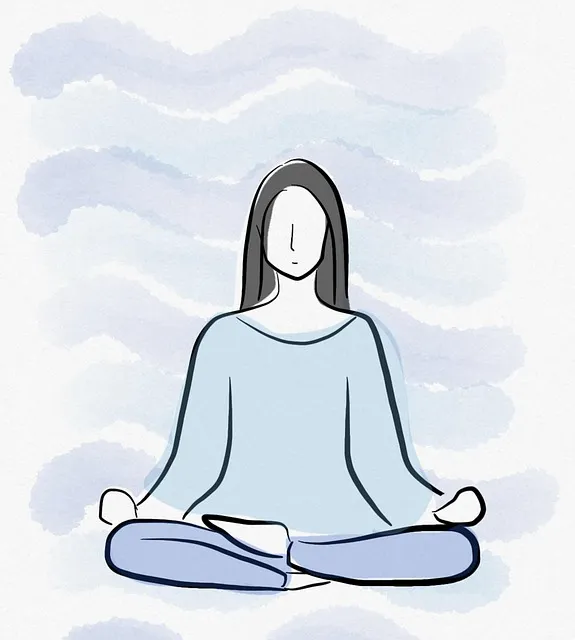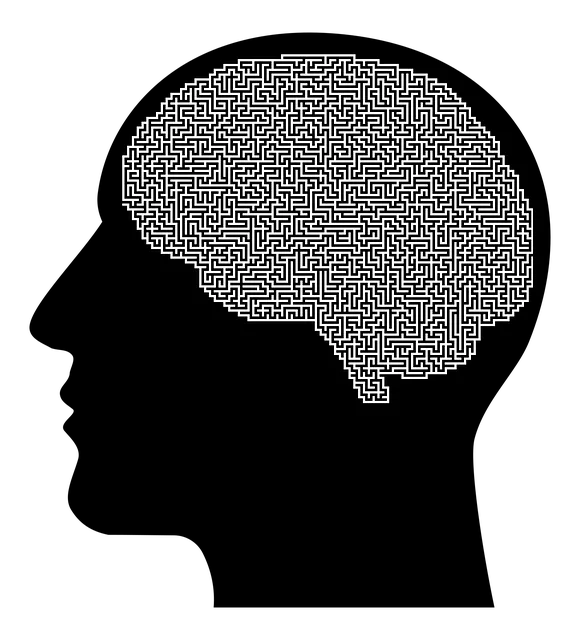Kaiser Mental Health Classes in Boulder offer a nurturing environment for building resilience and mental wellness through the principles of Resilience, Flexibility, and Mindfulness (RFM). Using Compassion Cultivation Practices, these classes teach self-care and emotional equilibrium, fostering lasting resilience. The program guides participants to develop personalized Self-Care Routines, promoting mental health sustainability. Through exercises like mindfulness and cognitive reframing, Kaiser Mental Health Classes in Boulder help reduce anxiety, depression, and other psychological disorders while providing a safe space for learning tailored practices under expert guidance.
“Uncover the power of Resilience, Flexibility, and Mastery (RFM) through this comprehensive guide tailored for Kaiser Mental Health Classes in Boulder. Explore how RFM exercises, designed to strengthen mental resilience, can effectively address common mental health concerns. Discover practical tips from local experts on integrating RFM into daily routines, backed by inspiring success stories of Kaiser clients who have transformed their lives. Embrace a new approach to mental well-being with the help of Boulder’s leading mental health professionals.”
- Understanding RFM: An Overview for Kaiser Mental Health Classes Boulder
- The Role of Resilience Building Exercises in Promoting Mental Well-being
- Targeting Key Areas: How RFM Addresses Common Mental Health Concerns
- Incorporating RFM into Your Routine: Practical Tips from Boulder's Experts
- Real-Life Success Stories: The Impact of RFM on Kaiser Mental Health Clients
Understanding RFM: An Overview for Kaiser Mental Health Classes Boulder

In the heart of Boulder, Kaiser Mental Health Classes offer a sanctuary for individuals seeking to cultivate resilience and enhance their mental well-being. Understanding RFM (Resilience, Flexibility, and Mindfulness) is a cornerstone of these classes. RFM equips participants with essential tools to navigate life’s challenges more effectively. By integrating Compassion Cultivation Practices, the program fosters a sense of self-care and emotional balance, enabling individuals to build resilience that can withstand the rigors of daily life in Boulder’s dynamic environment.
The focus on Resilience Building within these classes goes beyond mere coping mechanisms; it encourages participants to develop a profound Self-Care Routine. This involves recognizing individual needs and creating sustainable practices that promote mental health. Through mindfulness exercises, meditation techniques, and compassionate interactions, Kaiser Mental Health Classes Boulder helps participants become more attuned to their inner selves, fostering both personal growth and a sense of community, vital aspects of thriving in the vibrant city landscape.
The Role of Resilience Building Exercises in Promoting Mental Well-being

Resilience building exercises play a pivotal role in promoting mental well-being, especially in today’s fast-paced and often stressful world. These practices, offered through Kaiser mental health classes in Boulder, are designed to equip individuals with the tools necessary to navigate life’s challenges effectively. By incorporating techniques such as mindfulness, cognitive reframing, and emotional regulation strategies, participants learn to build mental fortitude that enhances their overall emotional well-being promotion techniques.
Regular engagement in these self-care practices fosters a sense of control and resilience, enabling individuals to manage stress reduction methods more proactively. The result is a profound impact on mental health, helping to mitigate the effects of anxiety, depression, and other common psychological disorders. With the support of expert instructors, Kaiser mental health classes Boulder offers provide a safe and nurturing environment where participants can explore and develop effective self-care practices tailored to their unique needs.
Targeting Key Areas: How RFM Addresses Common Mental Health Concerns

Targeting Key Areas: RFM’s Impact on Common Mental Health Concerns
In today’s demanding healthcare landscape, professionals in Boulder and beyond often face heightened stress levels, leading to concerns like burnout. The Resilience, Flexibility, and Mindfulness (RFM) program offers a comprehensive solution for addressing these challenges. By incorporating techniques from Burnout Prevention Strategies for Healthcare Providers, RFM targets key areas that contribute to mental health issues. Through its structured exercises, healthcare workers learn to manage stress effectively, enhancing their ability to cope with demanding situations.
This approach aligns seamlessly with the principles of Risk Management Planning for Mental Health Professionals, ensuring that practitioners prioritize self-care and emotional well-being. The program’s focus on Compassion Cultivation Practices allows participants to develop a deeper sense of empathy and resilience, fostering healthier interactions with patients and colleagues. These practices are particularly valuable in the Kaiser mental health classes Boulder, where professionals encounter diverse patient populations with varying needs.
Incorporating RFM into Your Routine: Practical Tips from Boulder's Experts

Incorporating RFM (Resilience, Flexibility, and Mindfulness) into your routine is a powerful step towards enhancing mental well-being, especially for those in demanding professions like mental health professionals. Boulder’s experts recommend integrating RFM practices not just as an add-on but as a foundational element of daily life. Start by dedicating even 15 minutes each day to mindfulness exercises, such as deep breathing or body scans, to cultivate present-moment awareness and reduce stress.
For flexibility, consider incorporating physical activities like yoga or tai chi that combine movement with breath control. These practices not only improve physical health but also enhance mental clarity and emotional resilience. Additionally, engage in regular risk management planning for mental health professionals by conducting periodic risk assessments (as per the recommended Risk Assessment for Mental Health Professionals guidelines) to identify potential stressors and develop proactive coping strategies. Attending Kaiser mental health classes Boulder offers can provide valuable insights and techniques tailored to your specific needs and challenges.
Real-Life Success Stories: The Impact of RFM on Kaiser Mental Health Clients

Many clients at Kaiser Mental Health in Boulder have experienced remarkable transformations through RFM (Resilience, Flexibility, and Mastery) exercises. These evidence-based techniques have proven particularly effective for individuals seeking to overcome challenges related to stress, anxiety, and trauma. By participating in Kaiser mental health classes Boulder, clients learn valuable skills to navigate life’s difficulties with enhanced resilience and emotional well-being.
One such success story involves a client who struggled with chronic burnout from their demanding career. Through RFM practices, including mindfulness meditation and conflict resolution techniques, they gained the tools to manage stress, improve self-awareness, and cultivate healthy coping mechanisms. This newfound resilience allowed them to re-engage in activities they once found overwhelming, leading to improved work-life balance and a renewed sense of purpose. Such transformations illustrate how RFM can empower individuals to lead fulfilling lives, even in the face of adversity.
Resilience, as a cornerstone of mental well-being, is now more accessible than ever through Kaiser mental health classes Boulder and their innovative RFM approach. By integrating resilience-building exercises into daily routines, individuals can effectively navigate life’s challenges and foster a sense of empowerment. The success stories shared highlight the profound impact this method has on real people, offering hope and practical tools for enhancing mental health and overall resilience. With its focus on targeted key areas and practical implementation, RFM presents a promising path forward for those seeking to build resilience and improve their mental health in the bustling landscape of modern life.

